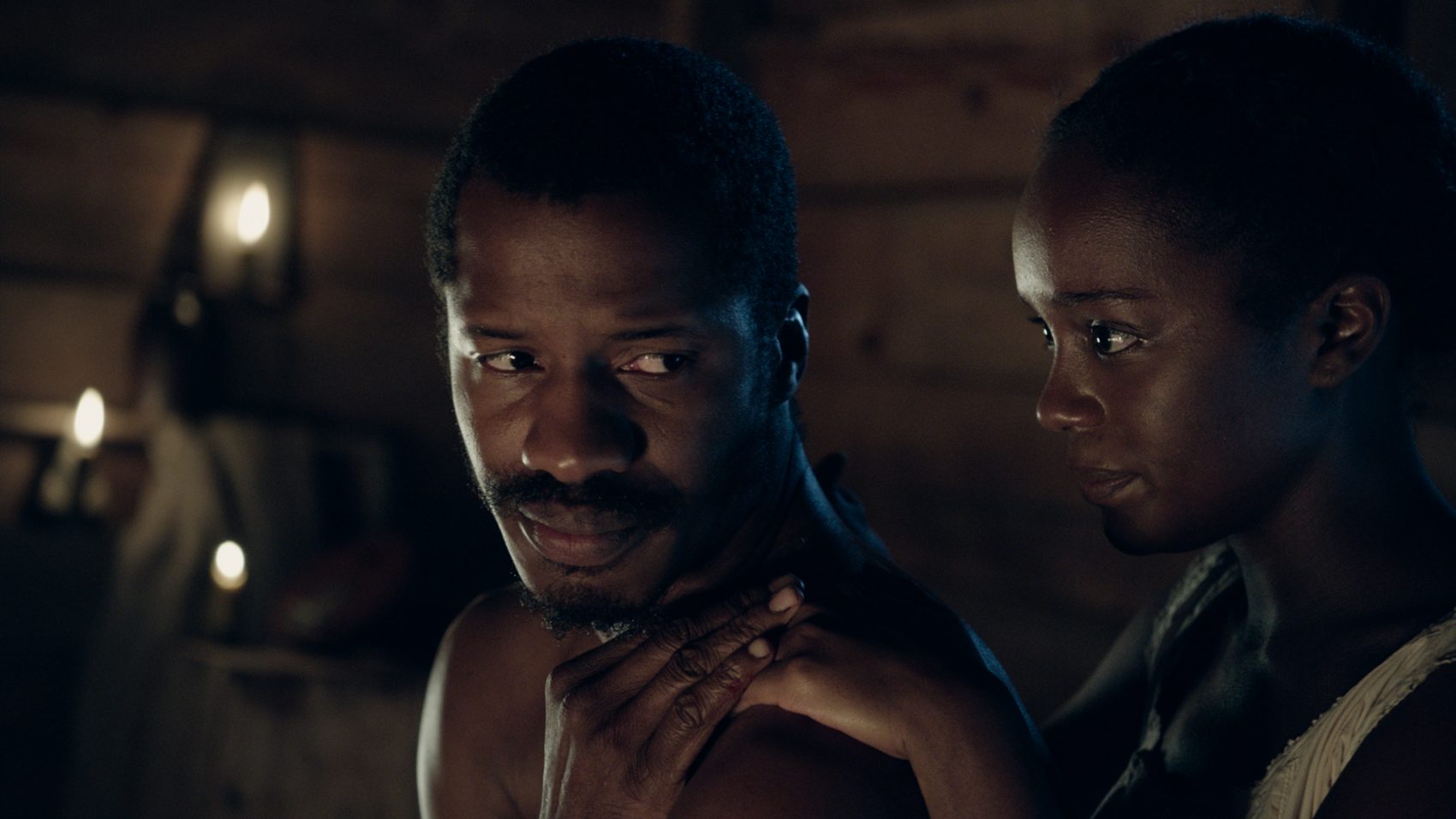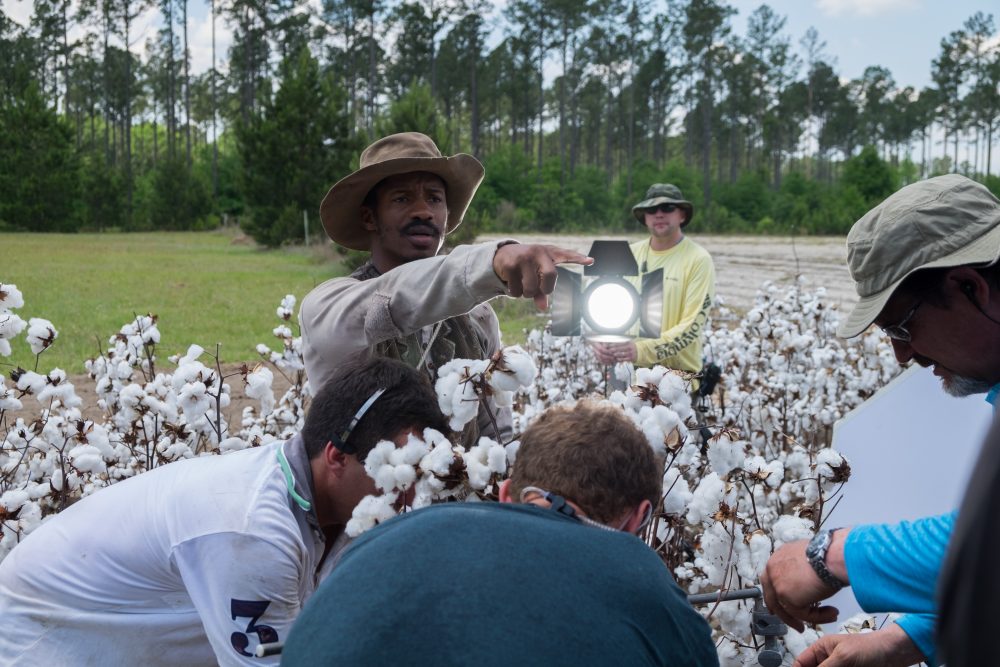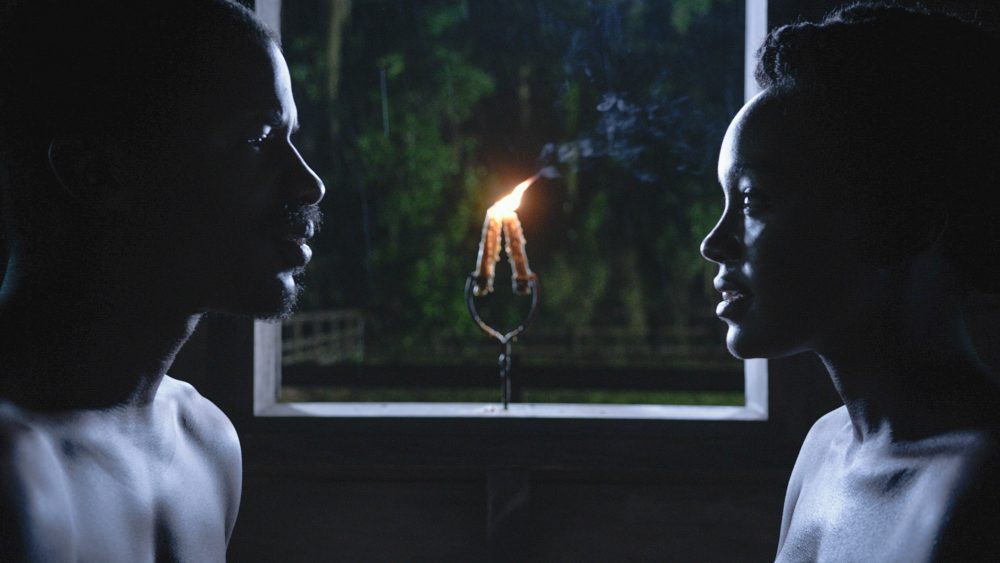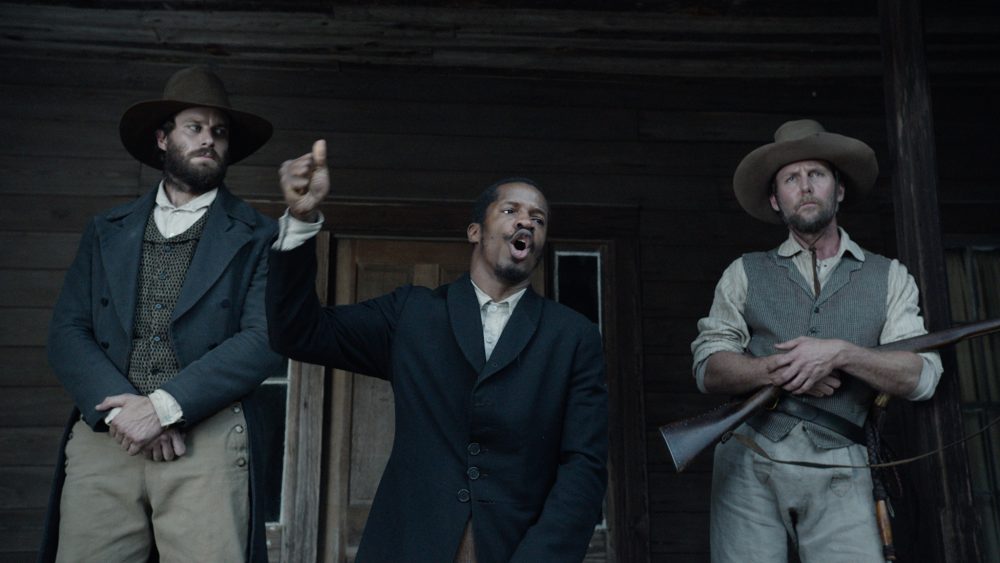Advertisement
Can You Separate The Art From The Artist With 'The Birth Of A Nation'?

It has always been a mantra of mine to judge the art and not the artist. As far as I’m concerned, personal lives are outside my purview as a critic.
From Pablo Picasso to Phil Spector, geniuses generally tend to be the sort of people you wouldn’t want to spend much time around. In the world of filmmakers, I know plenty of folks who refuse to watch the films of Roman Polanski, Woody Allen or Mel Gibson. It is absolutely your own right to decide who you want to support with your money. (I’m privileged enough to dodge this moral dilemma because my friends work at movie theaters and let me in for free.) Yet I must caution that this is a slippery slope. By sticking strictly with morally admirable artists, you’ll end up missing a lot of masterpieces and sitting through way too many Ron Howard movies. But hey, at least you get to keep Bruce Springsteen.
But sometimes an artist’s personal life bleeds into the work such that even viewers as cheerfully amoral as me can’t quite shrug it off. Woody Allen’s staunchest defenders still got squicked when Emma Stone fell for 54-year-old Colin Firth in “Magic in the Moonlight,” and Polanski would make things a heck of a lot easier for everybody if he just cooled it on the rape jokes. Critics claim to strive for a mythical objectivity but we don’t watch these things in a vacuum. Every once in a while the circumstances surrounding a work can change so quickly and drastically that they inspire an entirely different reading.
Which is all a roundabout way of saying that I thought “The Birth of a Nation” was a very good movie when I saw it back in January at the Sundance Film Festival, but I can’t imagine how distracting and uncomfortable it must be to try and sit through it now.

Handsome rising star Nate Parker (“The Great Debaters,” “Beyond the Lights”) spent years trying to cobble together financing for this Nat Turner biopic. You can probably guess that Hollywood moneymen weren’t exactly lining up around the block to cut checks for an African-American first-time writer/director and his blood-soaked chronicle of an 1831 Virginia slave rebellion. It’s a damn miracle Parker got the picture made at all, which is presumably why he was greeted at the premiere with a standing ovation before his movie had even started.
The atmosphere was electric at the Eccles Theatre that afternoon. According to organizers, more than 200 of the auditorium’s 1,300 seats had been set aside for friends and family of the film’s cast and crew. It was a darker-complexioned crowd than one typically finds in pale Park City, bringing back fond memories of my first visit to Sundance, when Spike Lee looked around before a screening of his “Red Hook Summer” and quipped, “I think we just doubled the black population of Utah.”
Advertisement
Spike was at the Eccles again for “The Birth of a Nation,” and I learned by overheard whisper that Quincy Jones was in the house as well. (Lee’s terrific documentary about Jones and Michael Jackson’s “Off The Wall” collaboration had premiered the day before.) I slipped into an empty chair and spotted burly, bearded character actor Mark Boone Junior. Behind me to the left was ferret-faced "Bad News Bear" Jackie Earle Haley. Given their previous work as character actors, I quickly surmised I was sitting among the bad guys.
Eleven days prior, the Academy of Motion Picture Arts and Sciences had announced a list of Oscar nominations that excluded any people of color in the acting categories for the second year in a row. Of course you can’t seriously claim there’s collusion when 6,000-plus voters are casting ballots, but nominating only the white folks involved in “Straight Outta Compton” and “Creed” suggests at least a few unexamined biases, and creates optics that could charitably be described as disastrous. The hashtag #OscarsSoWhite was everywhere in January. The timing could not have been more perfect for “The Birth of a Nation” to take this crowd of industry insiders by storm.
I try to keep a skeptical reserve at these screenings, as the feel-good festival ambiance and altitude-induced oxygen deprivation often combine to make hyperbolic overpraise an occupational hazard. But the reaction of this room was really something. “The Birth of a Nation” is not the kind of movie you usually see at Sundance. (For starters, there are black people in it.) It’s a brawny, old-fashioned historical epic borrowing so heavily from “Braveheart” that Mel Gibson gets thanked in the credits. Crude but brutally effective, it’s designed to make the audience’s blood boil. Even the title is a provocation: D.W. Griffith’s 1915 “The Birth of a Nation” invented the cinematic language we still use today, but it’s also a celebration of the Ku Klux Klan. Stealing the name of the most notoriously racist film of all time and giving it to a movie about a slave uprising is such a nervy way of reclaiming history, how could you not root for this guy?
Don’t get me wrong, there are some rookie mistakes here, including bizarre religious visions of which I couldn’t make heads or tails and severely underdeveloped female characters. The $10 million budget, also, was clearly insufficient to cover a film of this scope and ambition. Yet it’s sadly still bracing to see a movie about the black experience in America that isn’t filtered through a gentle Caucasian protagonist learning important lessons. There’s no audience surrogate for white folks here. Parker doesn’t skimp on the bloodshed, nor does his Nat Turner spare women and children. There’s a Nina Simone music cue that took my breath away, and his last shot is one for the ages — leaping ahead decades for a moment of glory that shook the walls of the Eccles Theatre.
To the surprise of absolutely nobody, “The Birth of a Nation” went home with both the Grand Jury Prize and the Audience Award. The film was bought by Fox Searchlight for a record-obliterating $17.5 million, and instantly slotted as the film to beat at the Academy Awards next year. It was only at a hotel bar later in the week that I heard a few journalists buzzing about something they’d found on Nate Parker’s Wikipedia page.

That something, which exploded in the press this past August, was a 1999 criminal case in which Parker and his Penn State roommate, “The Birth of a Nation” co-writer Jean Celestin, were charged with the rape of an 18-year-old freshman. The two men claimed the encounter was consensual. Parker was acquitted. Celestin was found guilty of sexual assault but the conviction was overturned four years later on a technicality. The woman killed herself in 2012.
The Daily Beast and Variety have done extensive reporting — including harrowing conversations with the victim’s brother as well as a friend of Parker and Celestin who testified about being present at their apartment that evening — and it’s as ugly and sordid a tale as I’ve read in some time. Especially horrifying are the details of a federal suit filed against the university by the Women’s Law Project, alleging a campaign of campus harassment led by Parker and Celestin following their arrests that resulted in the victim’s first two suicide attempts. (Penn State settled out of court.)
Ever since this story blew up, Nate Parker has responded in a manner pretty much the exact opposite of what a fan of his might hope for. Refusing to express the slightest bit of remorse or even any compassion for the victim, he’s been on “60 Minutes” and “Good Morning America” incessantly repeating the terms “falsely accused” and “vindicated,” most recently lashing out at the media on the "Steve Harvey Show.” He comes off like a real creep. But according to my own rules, I should be judging the art and not the artist, right?

Well, here’s where it bleeds into the work. “The Birth of a Nation” is a film preoccupied with rape to an extent that becomes incredibly unsettling once you’ve learned about the background of the writers. Gabrielle Union has a small role without a word of dialogue; she’s just there to get raped and move the plot along. (The movie is much more interested in how her husband feels about this than whatever happens to her.) Furthermore, Nat Turner’s rebellion only kicks off after his wife is raped by a vicious slave-hunter played by the very guy sitting behind me at that screening, Jackie Earle Haley. Funny how there’s no mention of anything like this happening in any historical texts, yet the filmmakers felt the need to invent a rape in order to spur on the action.
So I’m confused about a few things here. First of all, say you and a friend were accused of rape, and he was convicted — maybe you shouldn’t write a movie together. Or if you did, maybe you shouldn’t write one with this much rape in it. Given what we’ve learned about Nate Parker’s past and his treatment of women, what are we supposed to make of he and Celestin creating an entirely fictional scene in which Parker's onscreen wife gets raped just so he can spend the rest of the movie nobly avenging her assault? C’mon, you don’t see Mel Gibson trying to play Oskar Schindler.
I’m really glad I saw this movie back in January. But I don’t want to watch it again anytime soon.

